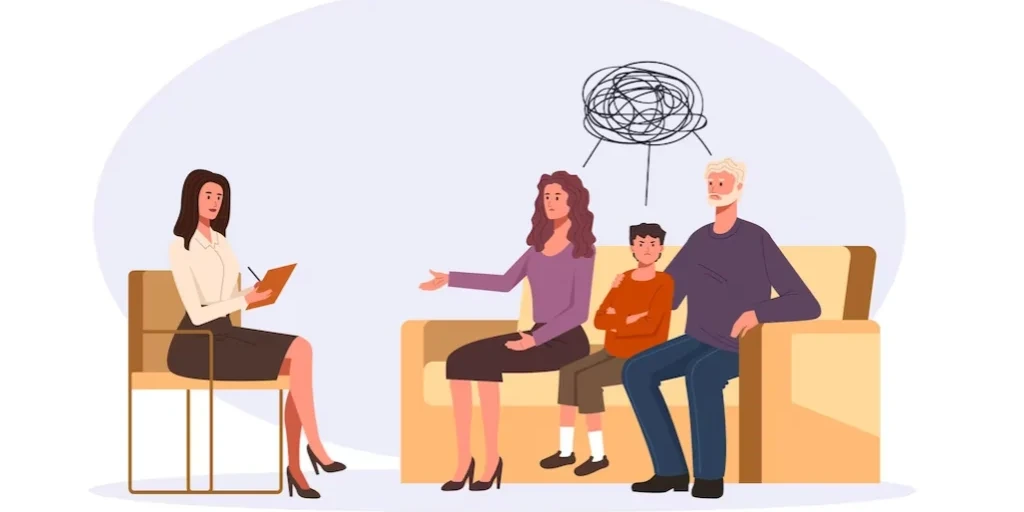24/7 Helpline:
(866) 899-111424/7 Helpline:
(866) 899-1114
Learn more about Eating Disorder Treatment centers in Tonkawa

Other Insurance Options

Covered California

WellCare Health Plans

American Behavioral

Magellan

Molina Healthcare

UMR

MHNNet Behavioral Health

Magellan Health

Optum

Absolute Total Care
Beacon

State Farm

Multiplan

UnitedHealth Group

Private insurance

Self-pay options

Anthem

Oxford

Medical Mutual of Ohio

Aetna

Tonkawa Tribe – Substance Abuse Program
Indian Alcohol and Substance Abuse Tonkawa Tribe of Oklahoma offers outpatient services for people s...


Alpha II
Alpha II is a private rehab located in Tonkawa, Oklahoma. Alpha II specializes in the treatment of a...




Edwin Fair Community Mental Health Center – Kay County
Edwin Fair Community Mental Health Center – Kay County is a private rehab located in Ponca City, Okl...

Bridgeway
Bridgeway is located in Ponca City, Oklahoma. Bridgeway provides substance abuse treatment.

Ponca City Rightway Medical
Ponca City Rightway Medical is a private rehab located in Ponca City, Oklahoma. Ponca City Rightway ...
































































